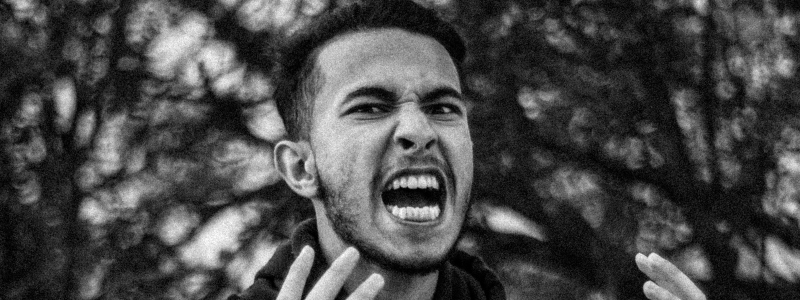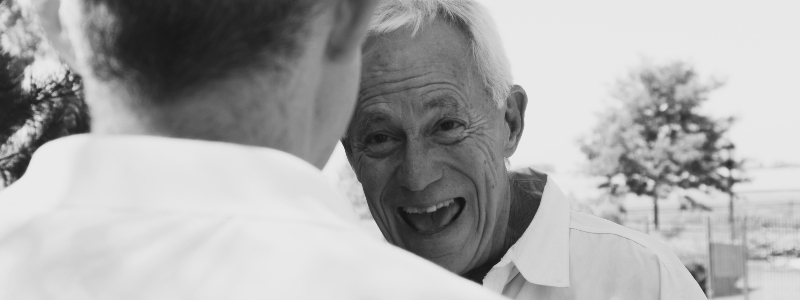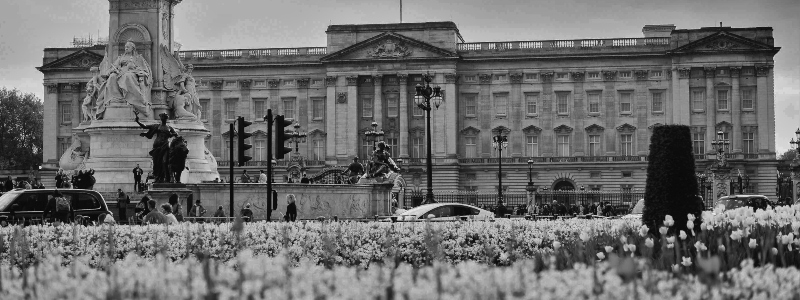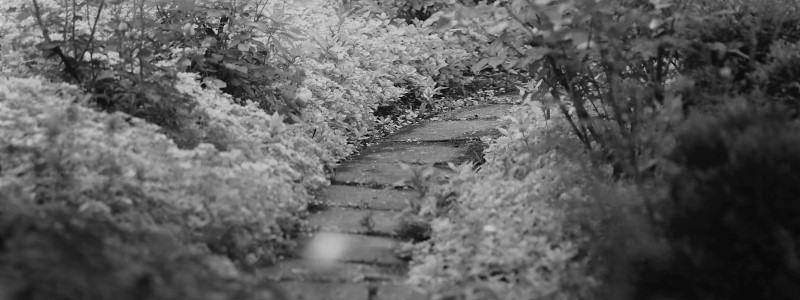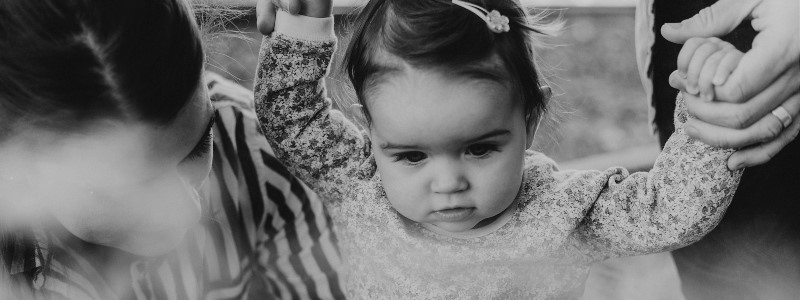I was recently asked to provide comment to Huffpost on why it seems that we judge women who don’t smile harshly. This got me thinking about this significant difference between men and women and considering whether it is social conditioning, biologically primed or a combination of both.
Mammalian smiles are rare
Human beings are rare amongst mammals in that we use the display of upturned lips and bared teeth as a sign of friendliness and warmth rather than of warning and threat.
And therefore, whilst we are all primed evolutionarily to respond favourably to others in our species who smile at us – a primal embodied communication that the other poses no threat to us – it is clear that across the majority of societies, this simple act is viewed differently across the sexes.
In media images, it is rare to find an image or video of women who are not smiling – something which is not true of men. Research shows that women on average smile 62 times per day with the mean for men being only around eight times by comparison. Does this simply suggest women are much more joyful than their male counterparts or is something more profound at play?
Are women simply ‘happier’?
We know from research into neuroticism (negative mood and temperament), that women tend to score higher than men so any idea that they are generally more content seems unlikely at best. I would therefore suggest that the disparity between how often women smile is down to social and evolutionary conditioning.
Women are the child bearers and biological nurturers in society. These are traits that are both evolutionarily important and furthermore prized by society as being socially desirable. Conversely, men have not traditionally been rewarded for embodying these traits and this is reflected in the depictions of men as being strong, stoic and with a hint of danger.
In the same way smiling has been unconsciously used as a communication to others that we pose no threat to them, I suggest that women have been further conditioned through evolution and society to demonstrate through their behaviour that they embody the prized traits of warmth, kindness and love.
We know that this behaviour trait is largely socially imposed on women as research has also shown that when men and women are operating in largely similar social and work roles (positions of equality) the disparity between rates of smiling across the sexes vanish.
It seems to me therefore that the expectation – biological as well as social – for women to embody ‘softer’ and more ‘nurturing’ traits communicated through embodied behaviour – smiling – remains entrenched; not only are women judged harshly by men when they don’t smile or display less agreeable traits, but also by other women.
When we encounter women who do not conform to this antiquated trope, there is a biased response whereby the absence of a smile is viewed to be negative in ways that it simply is not with men.
On mothers
Mothers are probably the most judged group of women in society – they simply cannot get it right. The trope is that they should embody warmth and nurture, however, this is a very myopic fantasy that bears more relationship to Disney, than how mothers really need to be. Look at nature and a mammalian mother can shift between nurture and care to fierce murderous protection in a split-second. And so it should be (and often is beneath the surface, with human mothers who will not only protect their young at all costs, but also hold firm boundaries with those young for their own benefit.
The question remains to some degree whether with ongoing shifts towards more social equality between men and women whether this unfair bias will dissipate or whether it has a deeper biological basis. What is clear is that just because a women is smiling, it may not mean she is benign.
Mark Vahrmeyer, UKCP Registered, BHP Co-founder is an integrative psychotherapist with a wide range of clinical experience from both the public and private sectors. He currently sees both individuals and couples, primarily for ongoing psychotherapy. Mark is available at the Lewes and Brighton & Hove Practices.
Further reading by Mark Vahrmeyer
Why do some of us feel a constant sense of dread?
Is there a good way to break up with someone?
Can self help become an identity?

